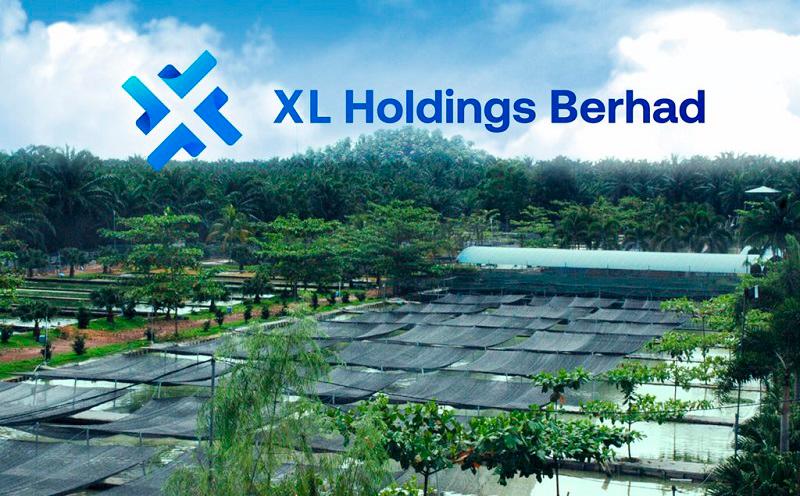KUALA LUMPUR: XL Holdings Bhd (XLH) posted a net profit of RM3.14 million for the first quarter (Q1) ended July 31, 2024 (FY25), a substantial increase from RM1.1 million posted in the same period last year.
The positive earnings were driven by robust performance across multiple business segments, particularly the growing crop and merchandise segments.
Revenue surged 59.3% year-on-year (YoY) to RM32.02 million from RM20.10 million.
In terms of business segments, the group has reported improvement across various business segments.
The food segment, the largest contributor to XLH’s revenue, generated RM25.53 million in Q1 FY25, marking an 81.2% increase from Q1 FY24.
This growth was driven by higher sales volumes in food products, resulting in a profit before tax (PBT) of RM0.99 million.
Meanwhile, the growing crop segment delivered a strong PBT of RM3.2 million despite a 20.9% revenue decline to RM1.42 million.
The profit was largely due to a significant gain in the fair value of biological assets.
As for the fish farming and merchandise segments, both reported stable performances in Q1 FY25.
The merchandise segment recorded RM3.85 million in revenue and a PBT of RM0.32 million, while the fish farming segment posted a slight revenue increase of 2% to RM1.27 million but continued to face challenges with a pre-tax loss of RM0.63 million.
XLH executive chairman Stephen Ng Min Lin said the company’s strong performance in Q1 reflects the effectiveness of its strategy to drive growth across key segments, particularly in sustainable food production.
“We remain confident in the potential of our diversified portfolio to continue delivering value,“ he said.
Going forward, he said the group is confident that its investment in the seaweed business will add to another growth driver.
The full impact of the group’s investment in the seaweed business has yet to be reflected in its financials.
Still, the business segment is expected to contribute significantly in the coming quarters.
As part of XLH’s broader sustainability strategy, the seaweed business is projected to offer long-term growth opportunities.
“Though the seaweed business is still in its early stages, we are confident in its potential to drive future growth.
“We expect this segment to begin making meaningful contributions to our earnings in the upcoming quarters,” Ng said.
XLH continues to advance its sustainability agenda, mainly through its carbon capture and sequestration efforts.
These initiatives are part of the group’s broader environmental, social, and governance (ESG) framework, which aims to reduce its carbon footprint and contribute to global climate change mitigation efforts.
One key driver of this strategy is the group’s emerging seaweed business, which supports food security and plays a significant role in carbon capture.
Looking forward, XLH remains optimistic about its growth trajectory.
The group expects to further capitalise on its food and crop segments, ramp up seaweed business contributions, and strengthen its operational efficiency.
“The coming quarters will see us build on this strong foundation, with our seaweed business and sustainability initiatives playing key roles in driving growth and value for shareholders,“ Ng said.









